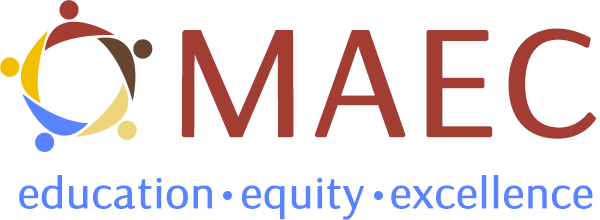Now a majority: poverty and education in U.S. public schools

By Nora Morales
February 2, 2015
According to a 2013 federal data analysis, for the first time in 50 years, the majority of U.S. public school students come from low-income families. As educators, we must reflect on how poverty impacts children’s readiness to learn, access to healthcare, access to enrichment opportunities, and after school access to adult supervision.
With a scarcity of resources, preparation, and opportunities, educators must now, more than ever, remain vigilant about their biases. We must understand the difference between being poor and being a good parent or a capable child. There are many parents facing insurmountable financial obstacles who want the best for their children and are seeking support to help them move up “the mobility escalator.” Similarly, there are children living in poverty who are making every effort to take advantage of the opportunities our public schools give them. It is imperative that we increase their supports and opportunities, are creative in the face of hardship, and remain committed to excellence while cognizant of the access our students have to libraries, parks, museums, computers, and tutors.
I applaud Darren Walker, president of the Ford Foundation, and others like him, who remind us that it is possible – with the right combination of supports – to be successful and innovative contributors to the fabric of American culture, regardless of which socio-economic strata we come from. I hope that we all take notice and are able to open our minds to the opportunities that lie before us, instead of placing blame on those who are suffering from policies that have made it nearly impossible for our fellow Americans to have upward mobility. Read more in the Washington Post.

